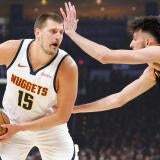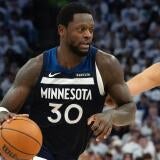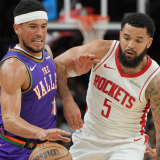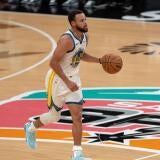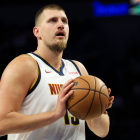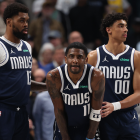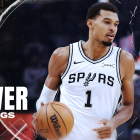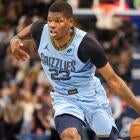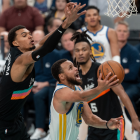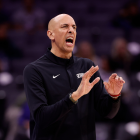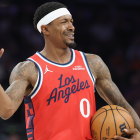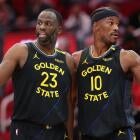
Willie Green was a symptom of much deeper problems for the Pelicans and a new coach probably can't solve them
Firing Willie Green won't fix much in New Orleans. James Borrego might not either
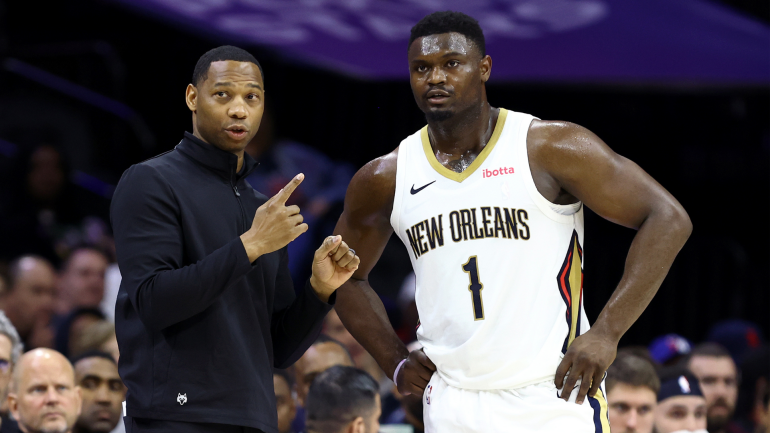
Between Nov. 5, 2023, and March 20, 2024, the New Orleans Pelicans could credibly be called sleeper contenders. That stretch, which began with C.J. McCollum returning from an injury, saw the Pelicans go 38-24. They had the NBA's third-best net rating in that window, trailing only the 2024 champion Celtics and 2025 champion Thunder. It was the one truly healthy window the New Orleans Pelicans have had since the Anthony Davis era and Willie Green was a meaningful part of it.
We all know what happened next. Brandon Ingram got hurt in March. Zion Williamson got hurt in April. Everything went to hell from there. Now the Pelicans are 2-10, dead last in the Western Conference without their first-round pick this season, and Green paid the price for it. He was just fired.
The decision, in a vacuum, was the correct one. The Pelicans have been lifeless since last season began, and while injuries certainly played a role in their downfall, the players who have been available haven't exactly fought to save their coach's job. The coach had no answers to maximize his weakened squad. The squad seemingly lost faith in him. It was time to move on. Green's coaching was a problem.
It just wasn't the problem. It was a symptom of greater dysfunction, some of which has been visible only recently, but some of which has been apparent for quite some time. The Pelicans were poorly coached, yes, but they have been exceedingly poorly managed as well, so much so that it's hard to imagine any coach succeeding in New Orleans.
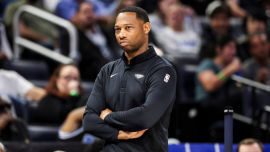
The roster mismanagement is obviously a significant part of that. Across two regimes, the Pelicans effectively traded Dyson Daniels, Larry Nance Jr., Brandon Ingram and three first-round picks for Dejounte Murray and Derik Queen within the span of about a year. Injuries mattered as well, and not just the ones that have kept players out. Williamson was playing like a star when he got hurt in that Play-In game against the Lakers. He hasn't really done so since, with a pretty concerning dip in field goal percentage at the rim. Some of that is random, just bad luck. But given the consistency with which these injuries have come, it's worth wondering how much of it should be laid at the feet of the organization.
It's an organization that, aside from the brief period around the hiring of David Griffin, has been known for its reluctance to spend not only on players (they've never paid the luxury tax), but infrastructure. They are owned by Gale Benson, who also owns the New Orleans Saints, and the organizational crossover has been a major concern for quite some time. Saints general manager Mickey Loomis was technically the head of basketball operations for the Pelicans between 2012 and 2019. It is the only job he has ever held in basketball. That direct oversight seemingly ended with the Griffin hire, but some degree of overlap still exists, and it's not as though things have improved much since then.
Take the process to replace Griffin after he was fired in April. That move was made official on April 14. They announced that they were hiring Joe Dumars three days later, on April 17, though reports started trickling in far sooner. There was seemingly no formal interview process in which other candidates were considered, an odd choice considering Dumars had not run an NBA team in more than a decade and was more than two decades removed from his 2004 championship.
But Dumars has seemingly had a relationship with ownership for quite some time, with rumors about his involvement with the organization dating all the way back to the Anthony Davis era. The hire, and more importantly the process, reeked of cronyism. An organization with its priorities in order considers a wide variety of candidates from a wide variety of backgrounds. If nothing else, it's worthwhile to bring them in and hear what they have to say, if only to take their best ideas and repurpose them for yourself. They're too dysfunctional for that and that dysfunction seeps into every element of the organization.
Last offseason, Dejounte Murray appeared on The Pivot Podcast to discuss his first-year experience with the Pelicans. In short: it was not good. "It was a situation where, like, I got all these problems going on… I broke my hand, I'm recovering," Murray said. "My mom had a stroke, one of my cousins got killed, then my uncle overdosed… [During all this] I'm not getting what I need in the organization. It's hard for me to get my training time. It's hard for me to get lifts. It's hard for me to get my own court time. So, you can only imagine where my mental was at."
Mind you, Murray is still on the team. It's rare for a player to be this honest even after the fact, but Murray is still going back to work in the same building every day. Dumars addressed the interview. He said "it won't be a problem this year." We haven't heard from Murray since, but little that has happened in New Orleans thus far suggests that things are getting better. These problems have existed as long as the team has.
The Pelicans might walk away from the Green firing with a better coach (associate head coach James Borrego has been named the interim replacement), but changing coaches doesn't fix an organization. Look at Sacramento. Mike Brown came in, won Coach of the Year unanimously and was fired a year and a half later. The Kings have more or less returned to the abyss that he dragged them out of. Mat Ishbia has never employed a head coach for longer than a year. Organizational success starts at the top and unless Benson and the team's management shape up, there isn't a coach in basketball who will be able to turn them into a winner.



